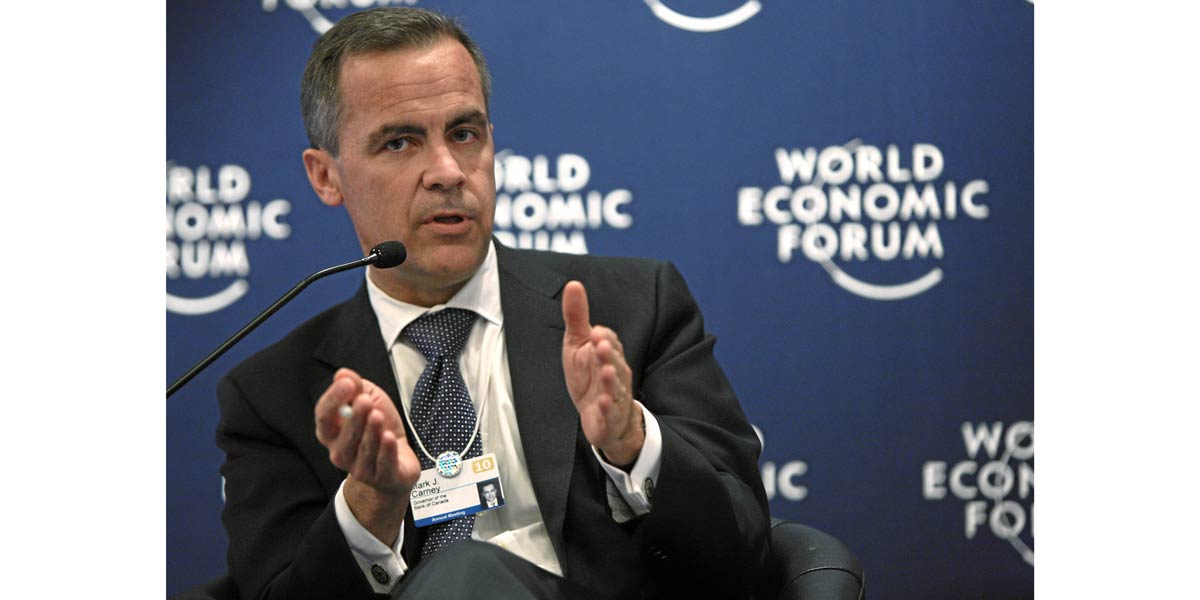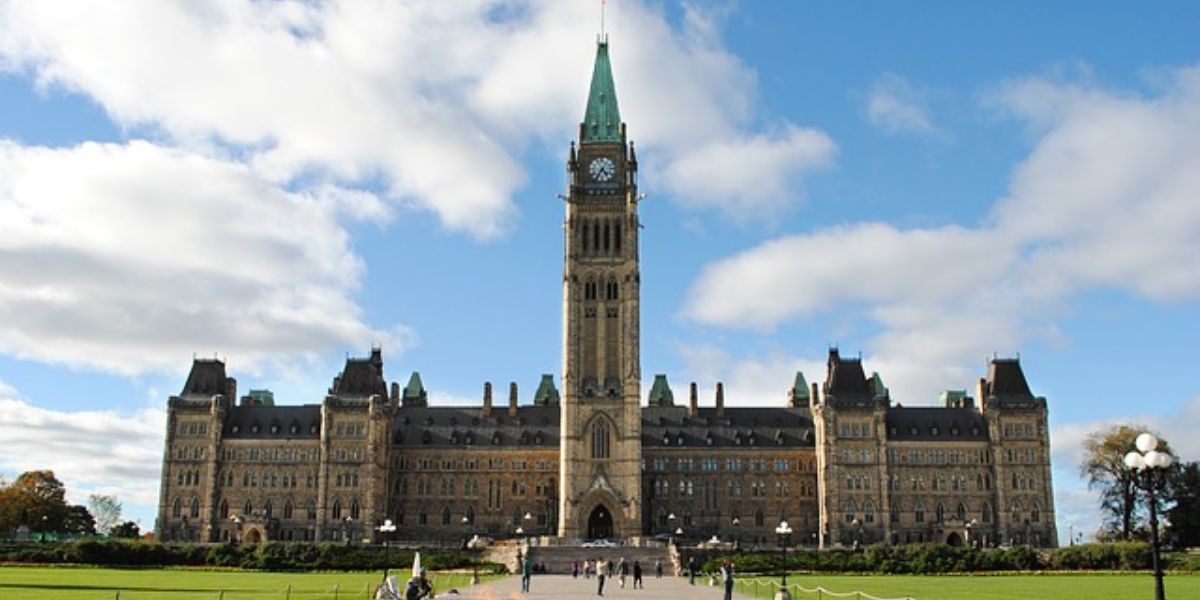On 7 April 2022, the Finance Ministry presented Budget 2022. Some of the tax measures for business in the Budget are given below:
Small business tax rate
According to the Budget, qualifying businesses benefit from the small business 9% federal tax rate as well as their respective provincial small business tax rate. The small business rate increases to become the higher general tax rate once the taxable capital reaches $15,000,000.
Budget 2022 proposes to extend the taxable capital threshold from $15,000,000 up to $50,000,000 to encourage business growth and commercial investment.
Bank tax
A proposed Canada Recovery Dividend, which is a one-time 15% tax on 2021 taxable income, in excess of $1 billion for banks and life insurance companies, will be payable over 5 years starting in the 2022 tax year.
The budget also proposes an additional tax on banks and life insurance companies of 1.5% on taxable income in excess of $100 million, starting in the 2022 tax year and continuing in future tax years.
New automobile purchases
For vehicles purchased after January 1, 2022, the cost of the passenger vehicle for Capital Cost Allowance (CCA) purposes has increased from $30,000 to $34,000, before applicable sales taxes. The limit for zero-emission passenger vehicles has increased from $55,000 to $59,000, before applicable sales taxes.
The limit to deducting leasing costs for leases entered after January 1, 2022 would also be increased from $800 to $900, before tax, per month.
Credit card transaction fees
The budget addresses the costs of credit card transaction fees that small businesses pay on customer purchases, by stating that the government is committed to lowering the cost of credit card fees, while protecting reward points for consumers. Conversations are ongoing.















